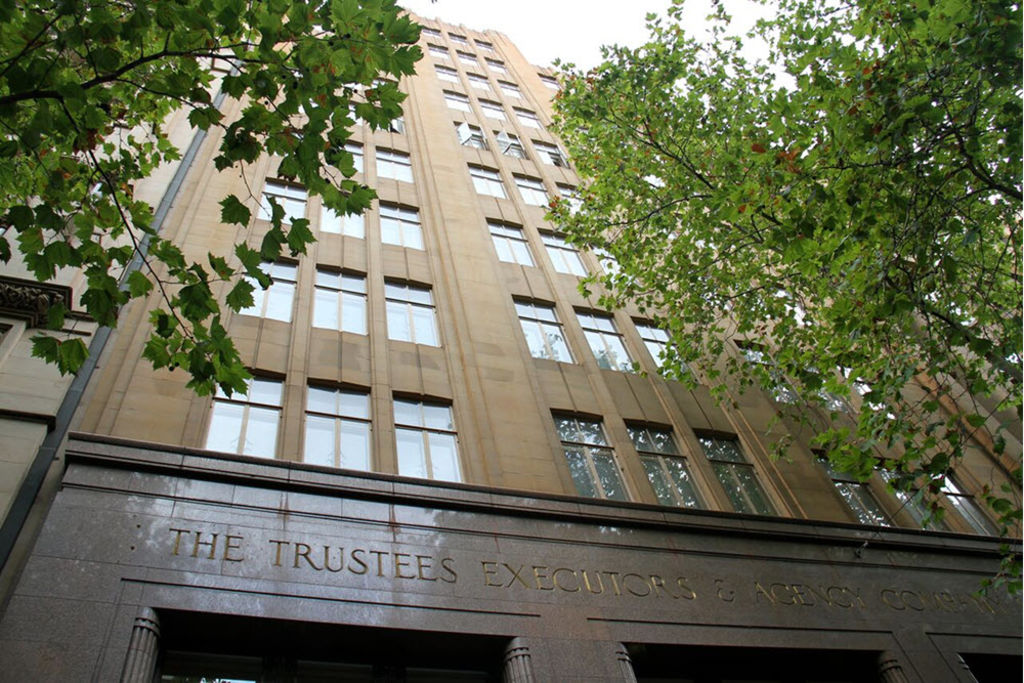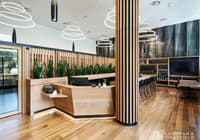
Melbourne's coworking sector gives power to small businesses
While office tenants at Melbourne’s big end have their own problems – including a lack of space to move into, in the short term – there are headaches at the smaller end too.
One of the challenges for littler businesses – sometimes with just a single employer – is growing too fast, “which can render their premises too small before they reach the end of their lease term”, according to Colliers International’s Tenant Advisory division’s national director of occupier services, Tim Farley.
“For this reason, coworking and serviced office space that offer more flexible terms will be more attractive than traditional leased office space where landlords seek to enforce longer lease terms.”
In practice, a traditional office lease term is considered over three years.
“Smaller suites often cater for short lease terms with three years being common. However, current market conditions have seen landlords looking to take advantage of strong demand and enforce longer lease terms,” Mr Farley said.
Step in the cowork office sector, which hands bargaining power back to the occupier.
Put simply, the cowork office is a shared working space. An occupier can work from a desk or in an office, with other people around them. Alternatively they can occupy an entire space like an office, themselves. Mail can be delivered to a business address registered here and more often than not there are rooms (including boardrooms) where meetings can be held.
Some cowork businesses are franchised, meaning you can work from various suburbs, once you are registered as an occupier.
Among the other benefits, Mr Farley said, was flexibility of lease term and not being restricted by make-good allowances at the end of the lease.
Without being bound to a traditional multi-year lease, a business can better plan ahead if it needs more or less office space in the short and medium term.
The coworking sector is a variation on the more established accommodation option known as serviced offices.
“The main difference is the shared work environment of a coworking space with less division between occupiers, allowing more cross-flow within the environment, and in all likelihood, more B2B [business-to-business] activity,” Mr Farley said. “Serviced offices will still be attractive to any company that has stricter confidentiality requirements and a preference for more privacy in their workplace.”
In Melbourne over the past 12 months, the coworking sector has signed two major leases, including 11,000 square metres at 345-347 Bourke Street, 401 Collins Street and the Melbourne Central Tower, Knight Frank’s office leasing head of division, Hamish Sutherland, said.
He said three occupiers – Campfire, We+ and WeWork – were responsible for requirements of about 20,000 square metres in the Melbourne central business district at the moment.










